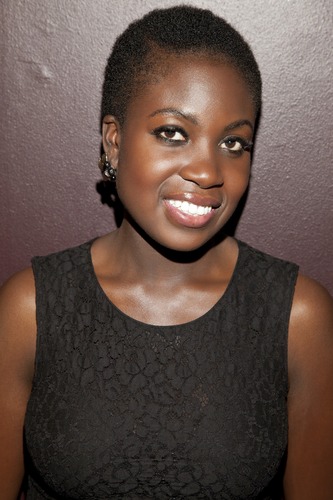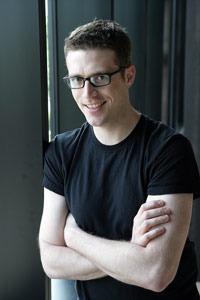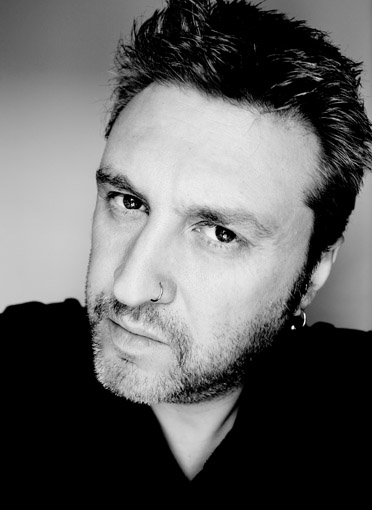The BBC is structured into several different sections, these sections include:
- Trust Unit
- Content
- Professional Services
- Fiance
- Commercial Groups
The Trust Unit
The trust unit is the department that runs all of the BBC it makes everything go smoothly and make sure things happen when things are supposed to happen. The main office for the trust unit is in central London in Greats Portland Street. However they have small teams around the country, in places such as:
- Birmingham(Mailbox)
- Belfast(Broadcasting House)
- Glasgow(Pacific Quay)
- Cardiff(Broadcasting House)
The Trust Unit is made up of the director who is Nicholas Kroll and five teams. This Unit is separated from the rest of the BBC to protect their independence, if you work for the Trust Unit then you report to the Chairman and Trustees and not a BBC Executive.
Content
This sector is all about what goes into their different companies or products eg, TV shows(BBC 1, BBC 2, BBC HD etc), radio shows(BBC Radio 1, BBC Radio Northampton etc), news(BBC News), iPlayer. The different parts of this sector are:
- Journalism(including national and international news and sport) BBC news.
- Vision(incorporates all TV production) BBC 1.
- audio and Music(incorporates all radio production, music, commissioning and BBC Radio Resources) BBC Radio 1.
- Future Media and Technology(incorporates new media, information and archives) BBC iPlayer.
Professional Services
Professional services is all about strategy(formerly Strategy and Distribution but is merged with policy and Legal) Marketing, Communications and Audiences. This part of the BBC also deals with the Finance: buying and selling, and renting out equipment to other companies so that they can use them. Human Resources and Communications is about the employees and their own welfare, like helping them with personal things. BBC Training and Development is the training and developing on the staff and helping them do their work better to improve.
Public service broadcasting is TV and Radio that is funded by an official, and has no adverts that advertise products that aren’t owned by them because it is not funded by them, unlike Commercial Broadcasting.
Commercial broadcasting is TV funded by the adverts on the channels, and contains adverts on the radio and TV.
Some public service broadcasting channels would be: BBC, Channel 4 and BBC HD,
Some commercial broadcasting channels would be: Comedy Central, MTV and FOX.
The TV industry is funded in a few different ways, one being the money the commercial broadcasting channels get from the advertisement and another from the License fee which is a certain amount of money, £145.50 yearly or £11-£12 monthly and the government collects all of the license fee money, which comes to roughly £3.65 billion, and gives the BBC a lump sum of that money. Some program-mes can be sold across the world such as The Meekest Link and X-Factor, channels can also be sold worldwide for example, BBC Worldwide. Merchandise can also be sold to anywhere, some examples are The Weakest Link board game and Top Gear magazine. One way that the TV industry can make a lot of money is by competitions, in which they show the audience an expensive prize and then ask them an extremely easy question so that they can win the prize. The way the TV industry benefit from this is by using a premium rate number which would cost the participant £1 and over and because the question is very easy more people will text/call in to try to win the prize and this way the TV industry can make a very large profit. This concept also works with reality TV shows such as, I’m a Celebrity Get Me Out of Here! and Big Brother.
Outline Of Six Media Sectors
WEB
Facebook, founded in 2003 by Mark Zuckerberg – Instagram.
Microsoft, founded by Bill Gates, Paul Allen in 1945, – Xbox, Hotmail, Msn, Bing founded by Steve Ballmer in 2009.
Yahoo!,founded in 1994 by Jerry Yang and Dand Filo – Yahoo! mail, Yahoo! finance, Yahoo! news, Yahoo! directory, Yahoo! answers.
Twitter, founded by Jack Dorsey in 2006.
Tumblr, founded in 2007 by David Karp.
Google, founded by Larry Page and Sergey Brin in 1996 – AOL, Chrome
YouTube, owned by Google, created by Steve Chen, Chad Hurley and Jared Karim in 2005.
PayPal, created by Max Levchin and Peter Thiel in 1989, runs with eBay, created by Pierre Omidyar in 1995
FILM
Warner Bros – Dirty Harry, The Matrix, Gremlins, Yogi Bear.
Columbiapictures – Men In Black, Bad Boys, Spider Man, Michael Jackson, this is it.
Disney – Lion King, Aladdin, Mary Poppins, Tron. – Disney also now own Lucas Arts – star wars.
New Live Cinema – The Mask, Se7en, Rush Hour, Blade.
Universal films – The Mummy, Jaws, Jurassic Park, E.T.
Dreamworks SKG – Catch Me If You Can.
Dreamworks Animarion – Shrek, Madagascar.
20th Century Fox – Die Hard, Predator, Aliens, X-Men
Paramount – The Godfather Star Trek, Indiana Jones, Forrest Gump.
RADIO
Virgin, founded in 2001, owned by virgin which was created by Richard Branson.
UBC – founded in 1989 by Simon Cole
Disney Radio, owned by Walt Disney, founded in 1996. This station is more popular in America than in great Britain.
Bauer Radio – founded in 2005, the biggest radio company, and a very big print company too.
BBC Radio, founded in 1927 and is a worldwide station.
Milestone, founded in 1988
In Media, founded in 2005 owned by Kingston.
TV
ITV – Launched in 22nd September 1955, chairman is Aechie Nerman Ceo is Adam Crozier. ITV , ITV 2, ITV 4, ITV news, ITV sport, ITV weather, ITV HD, CITV
Channel Four Television Corporation – Film 4, E4, 4 Music, “+1 channels”, Channel 4, 4Seven.
Viacom International Media Networks – VIVA, Comedy Central, MTV.
SKY – Sky1, Sky2, Sky News, Sky Sports, Sky Plus HD,
BBC – BBC News, BBC Parliament, BBC1, BBC2, BBC3, BBC4. – founded 18 October 1922 by John Reith and George Villers, Chris Pattern is the chairman, Tim Davie is the Active Director.
PRINT
Bauer Media Group, founded in 1875. – Zoo, FHM, Rail, Heat Magazine, Empire, Garden News.
Conde Nast UK, founded in 1909 by Chats Townsend. – Vogue, GQ, Love, Brides, Easy Living, Wired, House and Garden.
News International , founded in 1981 owned by Rupert Murdock. John Withrow, working editor since 1994.
National Magazine Company, founded in 1910. – Bazaar, Elle, House Beautiful, All About you Now, Best, Country Living, Net Doctor, All About Soap, Digital Spy, Revil.
MUSIC
EMI Records, founded in 1972 owned by Universal Music Group.
Virgin Records, founded in 1972 by Richards Branson, Simon Draper and Nick Powell. Owned by Universal Music Group
Spotify
Smart Sound
Universal Music Operations
Soundcloud
Ministry of Sound, founded in 1991 by Lewis Hutchin, James Pollumbo is the chairman.
Vevo


